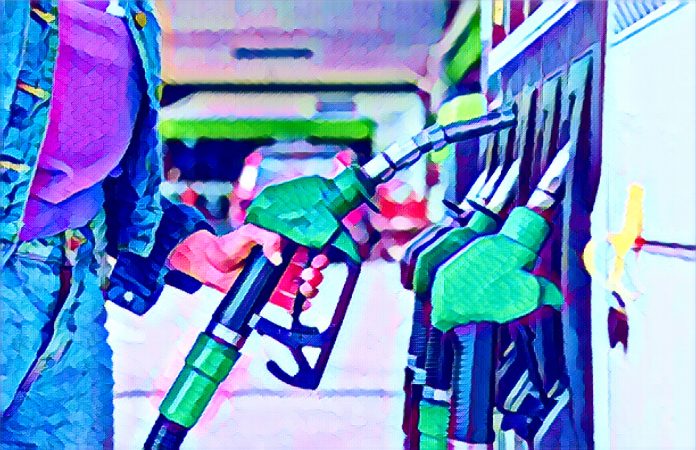KEY POINTS
- Nigerians spend an estimated $10 billion annually on petrol generator maintenance and fuel costs.
- Frequent power outages drive the country’s heavy reliance on generators.
- Experts call for investments in renewable energy to reduce generator dependence.
A recent report also points out that Nigerians as a nation collectively spend an estimated $10 billion per annum on the maintenance and fueling of petrol generators to solve the perennial power supply problems in the country.
This figure shows that millions of Nigerians are still struggling to deal with constant blackouts that make companies and homes depend on generators.
Due to the inability of the national power grid to supply electricity to the over 200 million people in the country, generators are now the order of the day.
However, the operations cost and the expenses incurred in feeding these machines are expensive for the population hence a social cost of this type of energy approach.
The price of power outages
Nigeria has been in the list of countries with the most unreliable electrical power supply for many decades which has had negative impacts on its population’s residential as well as commercial life.
Thus, most companies and many families use petrol-powered generators as an emergency source of electricity. The cost of acquiring, sustaining and fueling these generators has progressively increased to the extent that the total annual spending is estimated to be $10 billion, as Business Day reported.
These other costs also emanate from constant maintenance and fueling of the generator that includes; generation of pollution, health complications resulting from poor quality air, etc.
The use of fossil fuel in the generators pollutes our environment more and increases climate change and affects the health of every Nigerian especially the citizen that resides in urban area.
Economic effect and demands for reform
The $10 billion Nigerians spend each year on generators should be channeled towards more productive use such as the provision of infrastructure that will help drive the nation’s economy.
Small and medium enterprises (SMEs) are the most affected by this cost since they rely on generators to run their operations. The cost of fuel and maintenance can cut into the profit and thus limit the expansion of SMEs and slow down Nigeria’s economic development.
Chiefs are now appealing for increased funding in green energy like solar, wind, and hydro energy which could assist in decreasing Nigeria’s reliance on generators.
These clean energy sources would not only reduce the cost implications on the citizens of Nigeria but also help to create a cleaner energy environment.
Specifically, solar power is considered to be the most effective because of the Nigeria’s high level of sunlight that could be effectively used to light houses and commercial facilities at a definite period of time in the future.
The call for renewables
The use of petrol generators is unadvisable, and the shift to renewable energy is on the rise. Renewable energy solutions would solve both the problem of expensive generator maintenance and Nigeria’s environmental issues.
Solar panels for example are less costly in terms of maintenance and are more reliable in terms of power output as compared to generators hence can be used in the country.
Although there are some improvements in the construction of renewable energy facilities, the rate of implementation is still low.
Though, given the unfolding realities of the costs of running petrol generators in the economies of the power sector, this seems far from being realistic, the world is gradually shifting towards embracing clean energy source that has lasting benefits for mankind and the society.



